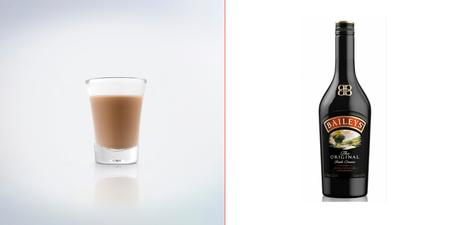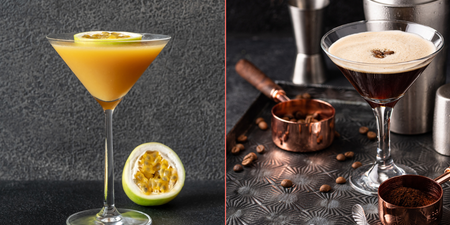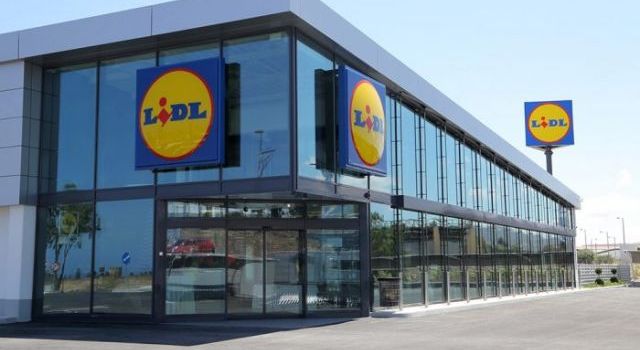A judge ruled that the similarity in bottle shape and colour may confuse consumers.
Lidl have been forced to temporarily pull their own brand of gin from their shelves in Scotland following a copycat lawsuit from Hendrick’s gin.
The supermarket have defended their Hampstead gin, claiming that there are “clear and obvious differences” between it and Hendrick’s brand.
Lidl have been selling their own brand of gin for the past 10 years. They own the Hampstead trademark, which was registered in 2013.
In 2020, the Hampstead gin bottle underwent a redesign and the new edition appeared on shelves.
Hendrick’s, meanwhile, trademarked their bottles in 2012.
During a Court of Session in Edinburgh, Lidl were ordered to temporarily halt the sale of their own brand gin.

A judge ruled that the similarity in the redesign intended to cause an association with Hendrick’s brand.
In a written judgement, Lord Clark said: “The defenders’ customers were aware that well-known products can be purchased in the defenders’ supermarkets often at discounted prices in comparison to other retailers.”
He did note, however, that Lidl did not have any “branded spirits listed as products nationally”, and that the average customer would be familiar with Lidl’s Hampstead gin, and may not expect to find brands like Hendrick’s in store.
Lord Clark ruled that there is a “sufficient basis to argue visual and conceptual similarity between the mark and the sign.”
He added that the similarity in bottle shape and colour may lead to the “greater likelihood of confusion”. He stressed that the “Hendrick’s mark relied upon is quite distinctive and recognised on the market.”
He concluded that there was “sufficient material” to infer that there was a “deliberate alteration” of the Hampstead product to “seek to cause at least an association with Hendrick’s.”
A spokesperson from Lidl said: “We note the court’s decision and have closely adhered to the requirements outlined within the ruling.
“We continue to liaise directly with the parties involved and hope to reach a satisfactory resolution in due course.”
RELATED ARTICLES






MORE FROM HER
























MORE FROM HER























